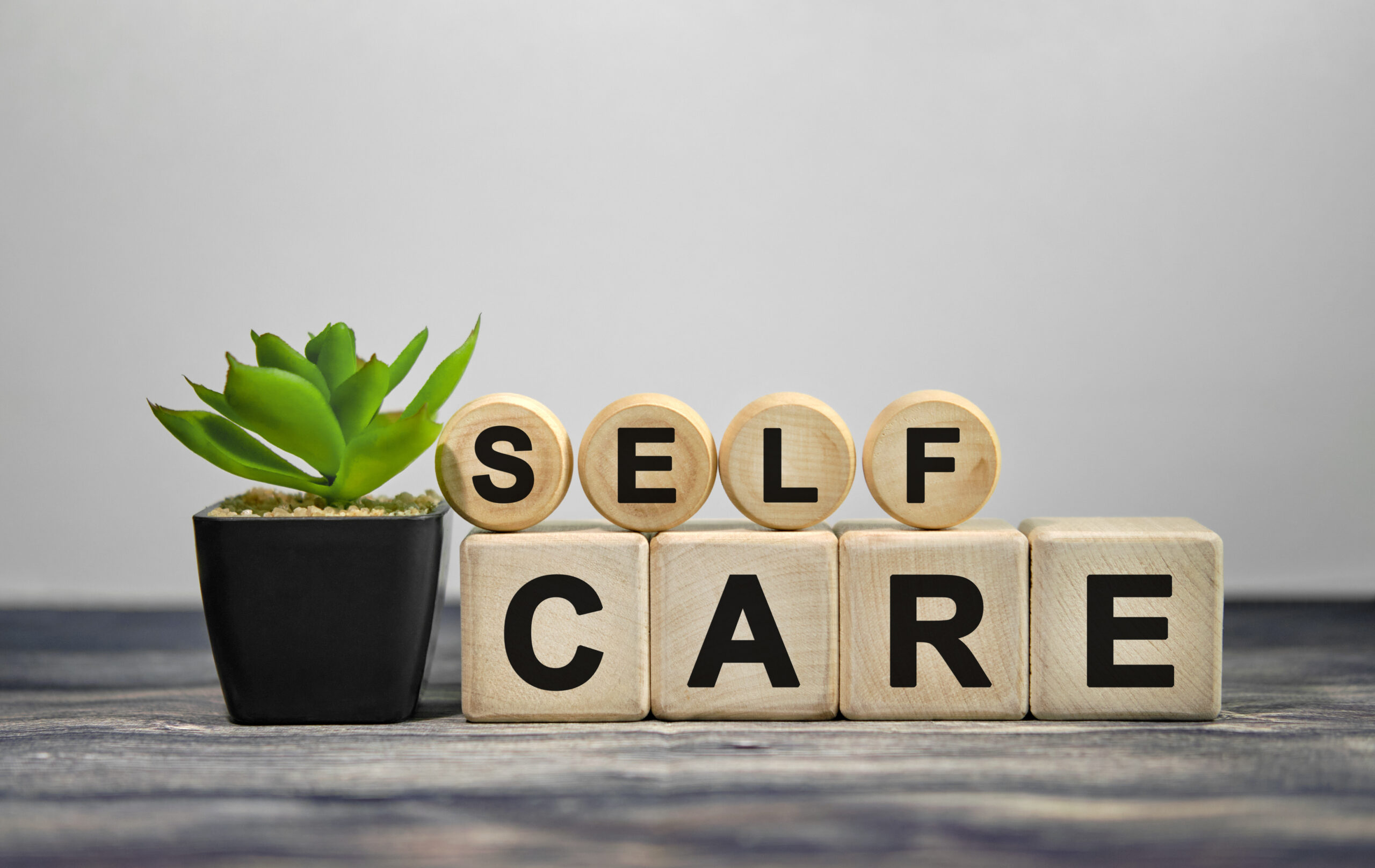Mental Health First Aid Certification
Mental Health First Aid Certification provides comprehensive training to prepare participants to respond to a wide range of mental health challenges and crisis situations.


Welcome to Get Psyched 2025! This year we will be highlighting some of the key issues that show up in our daily work and recognize how these issues relate to the psychological health and safety of our workplace. Through the exploration of these key issues and sharing some simple strategies that can be used, 'Get Psyched!' hopes to enhance our understanding of psychological health and safety and invites each and every one of us to play a part in contributing to a healthier and safer workplace.
How can we define self-care? Perhaps the best way is to answer by discussing what self-care is not. It is not selfish. It is not a luxury, nor is it just some fad.
Self-care is about attending to your own well-being by supporting your physical and emotional needs. It's taking healthy actions (self-care practices), and having an attitude of self-compassion.
To practice self-care is to take deliberate actions to develop, protect, maintain, or improve our well-being. These actions don't need to be anything grand—they can be as simple as taking a few minutes to sit and relax.
Research shows that practicing self-care helps us be a better version of ourselves and can improve our professional and personal life. That same research shows a lack of self-care leads to increased burnout, anxiety, and other negative outcomes.
Ultimately, self-care builds our resilience, and helps us deal with life's challenges.
One of the most important parts of self-care is to practice it. Like anything, it becomes easier – more habitual – when we make a concerted and deliberate effort to practice it.
There is no one size fits all to self-care. It can be physical, mental, spiritual, and emotional.
Some examples include: